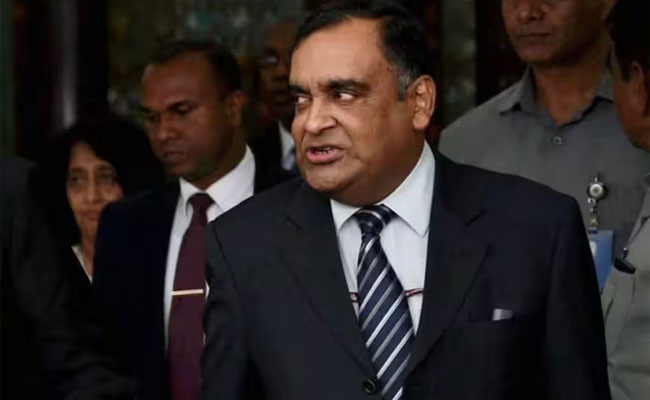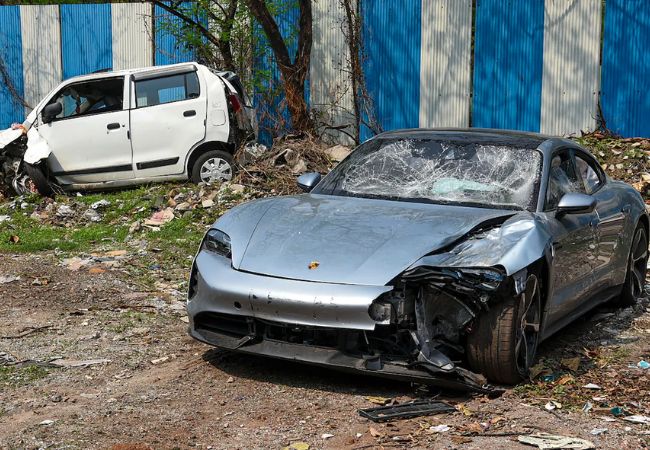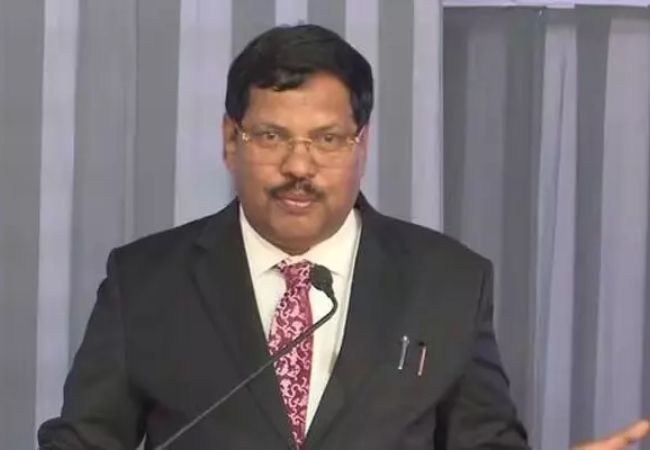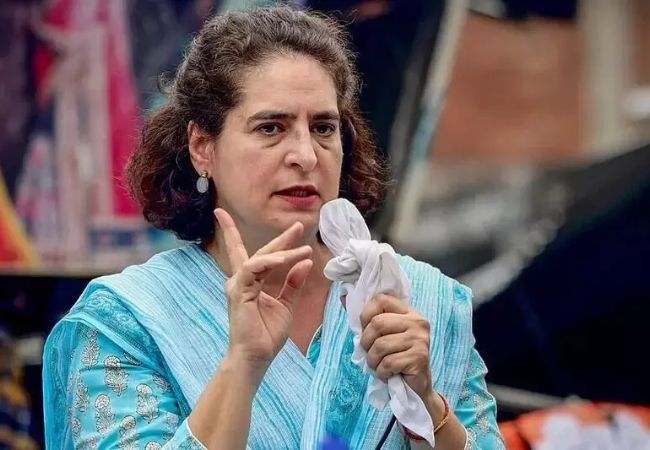Lucknow (PTI): The Right to Information Act has become a people's movement with a large number of them seeking information of public interest and getting replies, Chief Information Commissioner Yashvardhan Kumar Sinha said, hailing the ground-breaking law enacted in 2005.
"No country can boast of such a large number of applications being filed and such a large number of replies being given," Sinha said Thursday in an interaction with PTI on the sidelines of an event here.
He was in the state capital to attend the inaugural session of the two-day-long national meet 'National Meet of RTI Act' organised by the Standing Conference of Public Enterprises, or SCOPE.
"I think India fares very well, because (of) the sheer scale, no country can boast of such a large number of applications being filed, such a large number of replies being given, second appeal. We are the most populous country in the world, but the population is not enough. You have other countries which are highly populated, but they don't have the Act," the CIC said.
Sinha said that since the initial days of its enactment, the RTI Act has come a long way, but there are still shortcomings.
"Obviously, there are lacunae and drawbacks, which need to be addressed, but there is a process, which is already underway, and hopefully with time and with experience, and the experience of how the Act is implemented, things will become better," he said.
Asked to comment on his journey from a diplomat to an Information Commissioner and then becoming a Chief Information Commissioner, Sinha said, "People have asked me this question before. We do not have too many people from foreign service becoming information commissioners" as he cited the example of former Information Commissioner Sharat Sabharwal and former Mizoram CIC Lalduhthlana Ralte.
"In diplomacy, when you are a diplomat you develop certain qualities -- patience, listening to the other person, tact I am not sure whether I have those qualities, but I tried to inculcate them, and it has stood me in good stead in my job first as an IC and then as a CIC," he said.
When asked about "RTI activism," Sinha asserted activists also are citizens of India and have as much as right as anyone to seek accountability through the Act.
"Activism is not a bad thing per se, because it helps in interaction between the civil society and the government. The problem arises when there is a misuse or a particular ulterior motive.
"I have personally benefited from interaction with the civil society, who even suggest ways to improve the implementation of the Act, which is always welcome. Because, after all, they also represent the citizens. So it is important," he said.
Sinha, a former High Commissioner of India to the United Kingdom, said he learnt a lot from his stint in the country, which has its own Freedom of Information Act.
"So the Indian Act in itself is very, very comprehensive, very good. We have a National Federation of Information Commissions of India, and it is a registered body. And interactions among various commissions help our own work.
"Similarly, internationally, you have an international association, and India is not a member as of now," he said.
He also mentioned his decision to allow candidates to see their OMR sheets, upholding the right of the exam taker to know his or her marks.
Sinha also said the commission cannot debar someone who files an RTI plea frequently and causing a glut in the information supply, adding, the apex court, as well as several high courts, have in the past tried to address to issue.
"Frankly the Act is silent, and you cannot debar someone from filing an application How we have done it, is by clubbing together large numbers and disposing them of with or without a hearing, normally with a hearing. Each commissioner/commission has a way of addressing these issues, but it is a problem, which needs to be addressed," he said.
Let the Truth be known. If you read VB and like VB, please be a VB Supporter and Help us deliver the Truth to one and all.
Pune (PTI): The Porsche car crash case exposed "systemic corruption," but the Pune Police have successfully uncovered the nexus behind the replacement of the accused juvenile's blood samples with those of his mother, Police Commissioner Amitesh Kumar said on Wednesday.
The case made national headlines after the high-end car allegedly driven by the 17-year-old boy in an inebriated state mowed down motorcycle-borne IT professionals Anish Awadhiya and Ashwini Costa in the Kalyani Nagar area on May 19 last year.
"Last year’s Porsche car crash case sparked widespread discussions about Pune’s deteriorating social culture, alleged police corruption, and several other issues. Amid all the criticism, one positive aspect stood out: the case exposed systemic corruption.
"It also demonstrated how the police, working within the same system, managed to uncover the entire nexus behind the replacement of the juvenile’s blood samples with those of his mother," Kumar said while addressing Nasha Mukt Bharat Abhiyan, an initiative aimed at raising awareness against drug addiction, organised at Modern College.
He added that the juvenile has been released since he was a minor.
"However, his mother has remained in jail for over a year, and his father continues to be behind bars. Doctors from Sassoon Hospital and others involved are also still in jail," Kumar said, adding that one mistake by a child, and an attempt by his parents to cover it up, destroyed an entire family.
He said the police will follow up on this case until every guilty person is punished.
Kumar also appealed to students to stay away from intoxicating substances and drugs.
"You are not only endangering your own life but also putting your entire family at risk," he said, urging the youth not to fall prey to harmful addictions.
"Instead, stand strong and act as a force to ensure that drug abuse is curbed in your surroundings. We assure you of full police support," he added.
He further stated that if youth from all colleges unite and decide to end this menace, "the day is not far when not even one gram of drug will be sold in the city".
The investigation into the car crash had revealed that the juvenile's blood samples were replaced with those of his mother.
The roles of Dr Ajay Taware, head of the forensic department, Medical Officer Shreehari Halnor, and a hospital staffer came under scrutiny.
While the mother is currently out on bail, the juvenile’s father, Sassoon Hospital doctors Taware and Halnor, staffer Atul Ghatkamble, two middlemen, Ashpak Makandar and Amar Gaikwad, and others remain in jail for the alleged blood sample swap.





